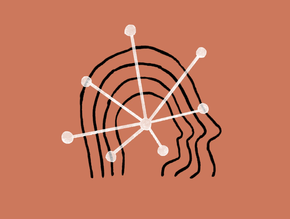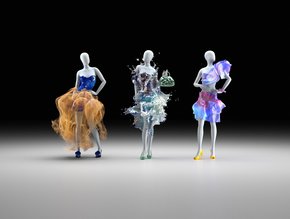Nvidia to build UK’s largest supercomputer for AI research

Nvidia has announced it is to build a supercomputer in the UK intended for use by healthcare researchers using AI.
The computer, which will be the UK’s most powerful, is to be known as “Cambridge-1” and be activated by the end of the year. Nvidia said it would be the 29th most powerful and among the top 3 most efficient supercomputers in the world, with potential uses including investigating COVID-19.
In a press release, Jensen Huang, founder and CEO of Nvidia, said: “Tackling the world’s most pressing challenges in healthcare requires massively powerful computing resources to harness the capabilities of AI. The Cambridge-1 supercomputer will serve as a hub of innovation for the U.K., and further the groundbreaking work being done by the nation’s researchers in critical healthcare and drug discovery.”#
Researchers from organisations including GSK, AstraZeneca, Guy’s and St Thomas’ NHS Foundation Trust, King’s College London and Oxford Nanopore Technologies are slated to make use of the technology.
Matt Hancock, the UK’s Secretary of State for Health and Social Care, said: “Today’s announcement from NVIDIA is an exciting moment for the U.K.’s world-leading healthcare industry and a tremendous vote of confidence in the U.K. as an international centre for research, AI and innovation. Accelerating drug discovery has never been so important and it is investments like this that can make a real difference in our fight against countless diseases. I care about technology because I care about people and NVIDIA’s new supercomputer will aid the U.K.’s best and brightest to undertake research that will save lives.”
One possible underlying motivation for the announcement is as a sweetener for its purchase of ARM, which has come under fire and may still be blocked. Criticism of the $40bn purchase has been based around concerns that Arm's status as a British technology powerhouse will be eroded, with the potential for the loss of jobs in the UK, though Nvidia insists this isn’t the case.






